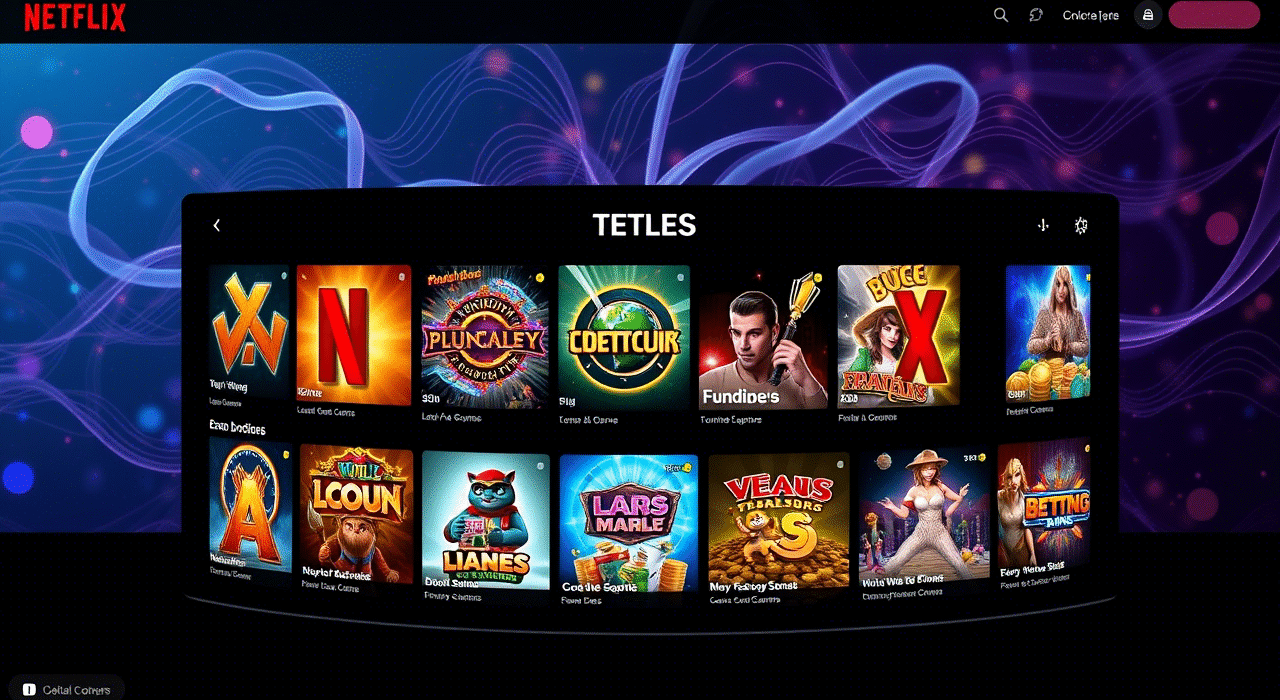As the iGaming industry explodes with content—from thousands of slots to countless casino and betting markets—recommendation engines have emerged as the silent force reshaping player engagement. Borrowing from the likes of Netflix and Amazon, these AI-driven systems predict what players want to play next, pushing tailored games, promotions, and betting options. But are they enhancing user experience or subtly nudging addictive behavior? This deep dive explores how these engines work, who’s leading the charge, and whether personalization is a UX revolution or a psychological trap.
🎲 From One-Size-Fits-All to Player-Centric
In the early days of online gambling, everyone saw the same:
- Homepage promotions
- Game selections
- Bonus offers
- Bet markets
But in 2025, that’s ancient history.
Today’s platforms—whether it’s a casino like LeoVegas, a sportsbook like Bet365, or hybrid models like Stake.com—use machine learning-driven recommendation engines to customize:
- Which slots you see first
- Which bonus offer lands in your inbox
- Which live dealer table is “suggested for you”
- Even which sporting events or odds appear on your homepage
It’s no longer just about gaming. It’s about curation.
🧠 How Recommendation Engines Actually Work
At their core, recommendation engines use machine learning to predict what a user might enjoy next—based on data.
🔑 Key Data Points:
- Past gameplay (type of games, session length, volatility preferences)
- Bet history (stake sizes, time of day, frequency)
- Click behavior (scroll depth, promo interaction)
- Device and location
- Demographics
- Payment history
- Peer group trends (players like you)
This data is fed into collaborative filtering, content-based filtering, or hybrid models, which then:
- Score each game/market by likelihood of engagement
- Personalize content carousels
- Trigger real-time push notifications
- Adapt UI layouts for individual users
Just like Netflix, where your feed is a mirror of your behavior—so is your iGaming lobby.
🎰 Types of iGaming Recommendations
1. Game Recommendations
- “Because you liked Book of Dead…”
- Recommending new or similar slots based on volatility, RTP, mechanics
2. Betting Markets
- Suggesting prop bets or live bets based on your sport preferences and past wagers
3. Promotions & Bonuses
- Dynamic offers based on your loyalty level, spend, churn risk, or even deposit method
4. Content & Streamer Suggestions
- Pushing live casino streamers or affiliate content based on your watching patterns
5. Navigation Personalization
- Re-ordering categories, filters, and even FAQ suggestions tailored to player type
🧪 Case Study: Netflix vs. LeoVegas
| Feature | Netflix | LeoVegas |
| Content Volume | 7,000+ movies/shows | 4,000+ casino games |
| UX Goal | Maximize watch time | Maximize play/conversion |
| Algorithm Input | Watch time, likes, genre, peer data | Game type, volatility, stake size, frequency |
| Output | “Top Picks for You” | “Recommended for You” |
| Result | More bingeing | Longer sessions, more deposits |
In both platforms, your experience is uniquely yours, built by algorithms that learn—and evolve.
📊 Benefits for Operators
✅ Increased Retention
Relevant content = more time on site
✅ Higher Conversion Rates
Personalized offers convert better
✅ Lower Churn
Engagement metrics improve when users feel “understood”
✅ Better CRM Segmentation
Engines feed CRM systems with granular behavioral profiles
✅ Smart Cross-Selling
Casino players nudged toward sportsbook and vice versa—based on data, not guesswork
👀 The Dark Side: Manipulation or Personalization?
With great power comes great ethical gray zones.
⚠️ Concerns Raised:
- Addiction risk: Constant nudges toward known player weaknesses
- Behavior shaping: Steering users toward high-margin games
- Reduced agency: Players feel they choose, but actually they’re being led
- Unfair personalization: Different offers and odds for different users
In some markets like the UK, regulators have already started scrutinizing algorithmic influence on player behavior.
Are we personalizing or optimizing for profit over player well-being?
🔐 Regulatory Watch
UKGC (UK Gambling Commission)
- Proposals to audit personalization systems
- Limits on targeted bonus offers to “vulnerable users”
- Requirement for explainable AI in CRM
MGA (Malta Gaming Authority)
- Requesting disclosure of algorithms used in player retention systems
Expect stricter transparency and fairness standards by 2026, especially in regulated markets.
🏆 Top Operators & Their Recommendation Strategies
1. Bet365
- Real-time event-driven betting suggestions
- Integrated app behavior + in-play interaction prediction
2. LeoVegas
- AI-curated game lists based on device, volatility, and history
- Smart notifications tied to last play session
3. Stake.com
- Gamified feed of trending games + social data
- Personalized leaderboard positions to drive engagement
4. Flutter (FanDuel, PokerStars)
- Multi-brand data consolidation for player profile modeling
- Seamless sportsbook-casino cross-recommendations
🔮 What’s Next for iGaming Recommendations?
🔀 1. Cross-Vertical Personalization
- Your sports bets influence your casino feed
- Poker outcomes feed into fantasy betting suggestions
🎮 2. Gamified Suggestions
- “Spin your next recommendation!” with lootbox-style reveals
🧑🤝🧑 3. Social Graph-Based Recommendations
- “Your friends just played X”
- Creating virality and group influence in-game
🧠 4. Emotion AI
- Detecting frustration, excitement, or boredom via cursor/touch patterns
- Recommending based on emotional state
🌐 5. Omni-Channel Sync
- What you played on mobile at lunch appears on your Smart TV at home
🎯 Final Verdict: UX Innovation or Behavioral Engineering?
Recommendation engines are the Netflix of iGaming—and perhaps even more powerful.
- They tailor
- They engage
- They predict
- And they monetize
But unlike movie suggestions, the stakes are financial—and sometimes psychological.
Whether they enhance the experience or exploit it depends on how they’re designed and governed.
If used responsibly, they’re the future of smart, player-first gambling. If not, they may become the most invisible manipulator in the casino.











